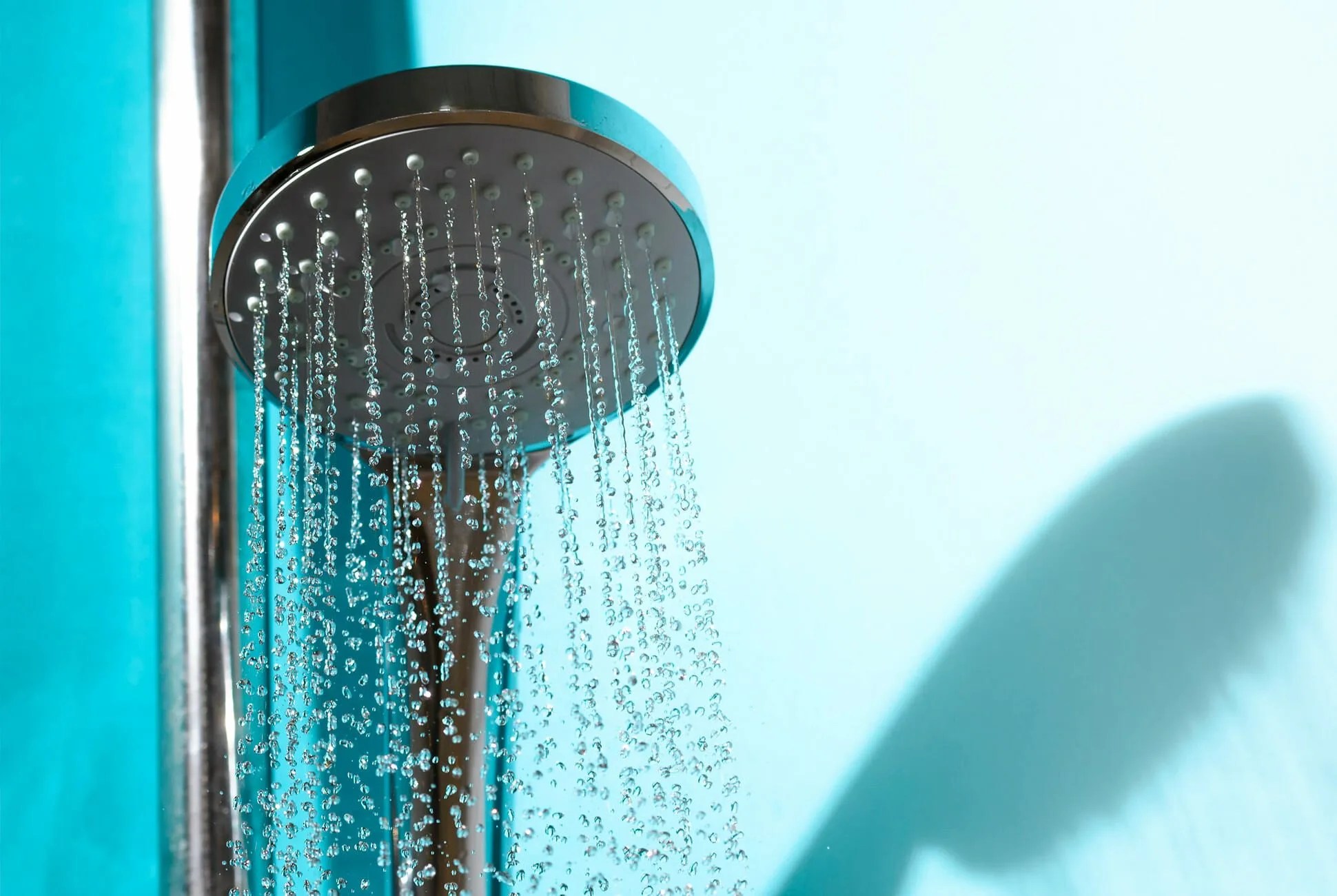Showering is seemingly a simple thing. It’s a relaxing part of the daily routine, but we don’t do it merely to keep ourselves clean and smelling approachable. We do it to keep ourselves healthy. And while most of us like to think we’ve got the whole shower thing nailed down, most experts say you’re probably overdoing it.
Shower vs. Bath
While most people shower as their preferred bathing method, there are plenty who opt to fill up the tub instead. It’s arguably more relaxing (you are laying down, after all). But Dr. Samer Jaber, board-certified dermatologist at Washington Square Dermatology says they can also have drawbacks. “Baths can also be drying since you tend to stay in them longer than showers, and the longer your skin is wet, the more dry it can become,” he says. If you’re putting on a bath, you’re likely settling in for a while, especially if you went through the ritual of constructing your own 23-candle shrine to stress relief to go with your bubbly cauldron. Not to mention, you’re actually stewing in a pool of dirty water.
Dr. Joshua Zeichner, MD, Director of Cosmetic & Clinical Research in Dermatology at Mount Sinai Hospital in New York City, generally recommends showers over baths for the same reasons: they’re quicker and cleaner. “Especially if you are sweaty or physically dirty, a shower may be preferred so you aren’t sitting in a bathtub full of dirty water once you have washed your skin,” he says. Ultimately, baths may be better for mental cleaning than physical cleaning.
Water Temperature
Dial-in the water temperature. Dr. Zeichner recommends for people to “bathe in water with a temperature similar to what you’d expect a heated pool to feel like in the summer. When the water is too hot and you are exposed to it for extended periods of time, it can strip the skin of oils needed to maintain a healthy barrier.”
If you have sensitive skin or eczema, it’s even more reason to keep the water in the range of cold to warm. Yeah, cold. Cold showers may be the rallying cry of the homeopathic and A-type people in your lives, but it’ll certainly motivate you to curtail your shower time while keeping your skin intact. It kicks in faster than caffeine, too.

